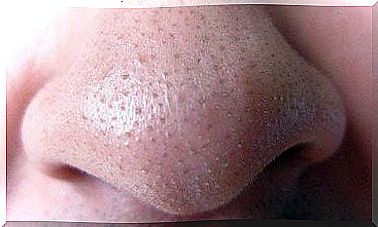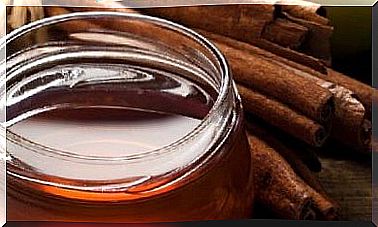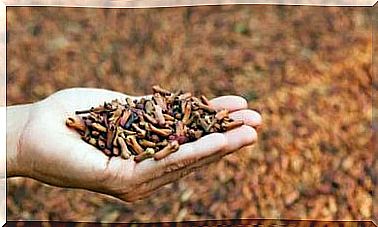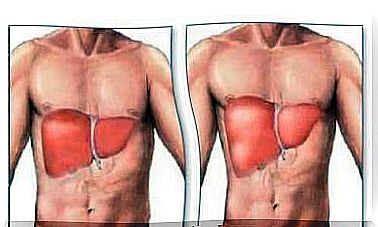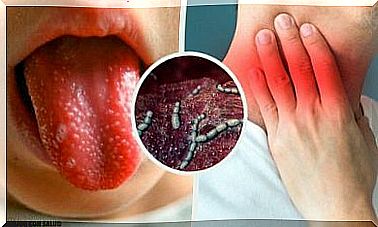False Food Myths

5 false myths about food
Let’s take a look at some of the most popular fake food news.
However, for this substance to occur, food must contain sugars and amino acids (mainly asparagine) and be cooked at temperatures above 120 ° C. Therefore, acrylamide does not always appear in food.
Although large amounts must be consumed to pose a health risk, it is recommended to reduce the intake of acrylamide. You do not have to cook food above 170 ° C. Foods may turn golden, but should not be dark brown.
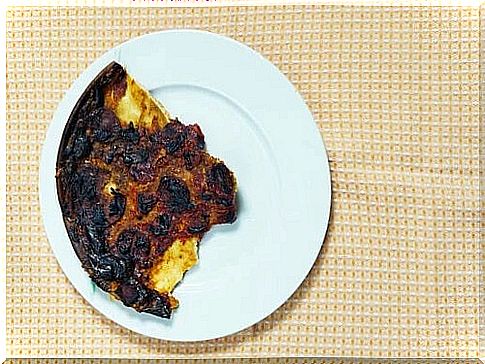
After all, the intention is to reduce the number of calories and fat. But you need to consider other aspects of dairy. Current scientific evidence seems to state the opposite, as specified in a study published in The American Journal of Clinical Nutrition.
In addition, the European Guidelines for the Management of Adult Obesity include among the recommendations the replacement of low-fat dairy products with whole milk as a strategy for managing obesity.
There is no truly detoxifying food!
Scientific evidence also suggests that it is easier to lose weight with a high intake of fruits and vegetables. In fact, one of the ways in which fruits and vegetables can contribute to weight loss is their potential effect on the feeling of satiety.

However, the calories used in digestion are more or less proportional to the volume of food consumed and the type of macronutrients ingested. Therefore, if we adopt a diet of 2000 kcal per day, it does not matter if we serve 3 or 5 meals, because the thermogenic effect will be the same.
The Journal of Nutrition published a study in which the authors concluded that there was no solid scientific evidence to support the fact that increasing the frequency of meals is positive for weight loss.



